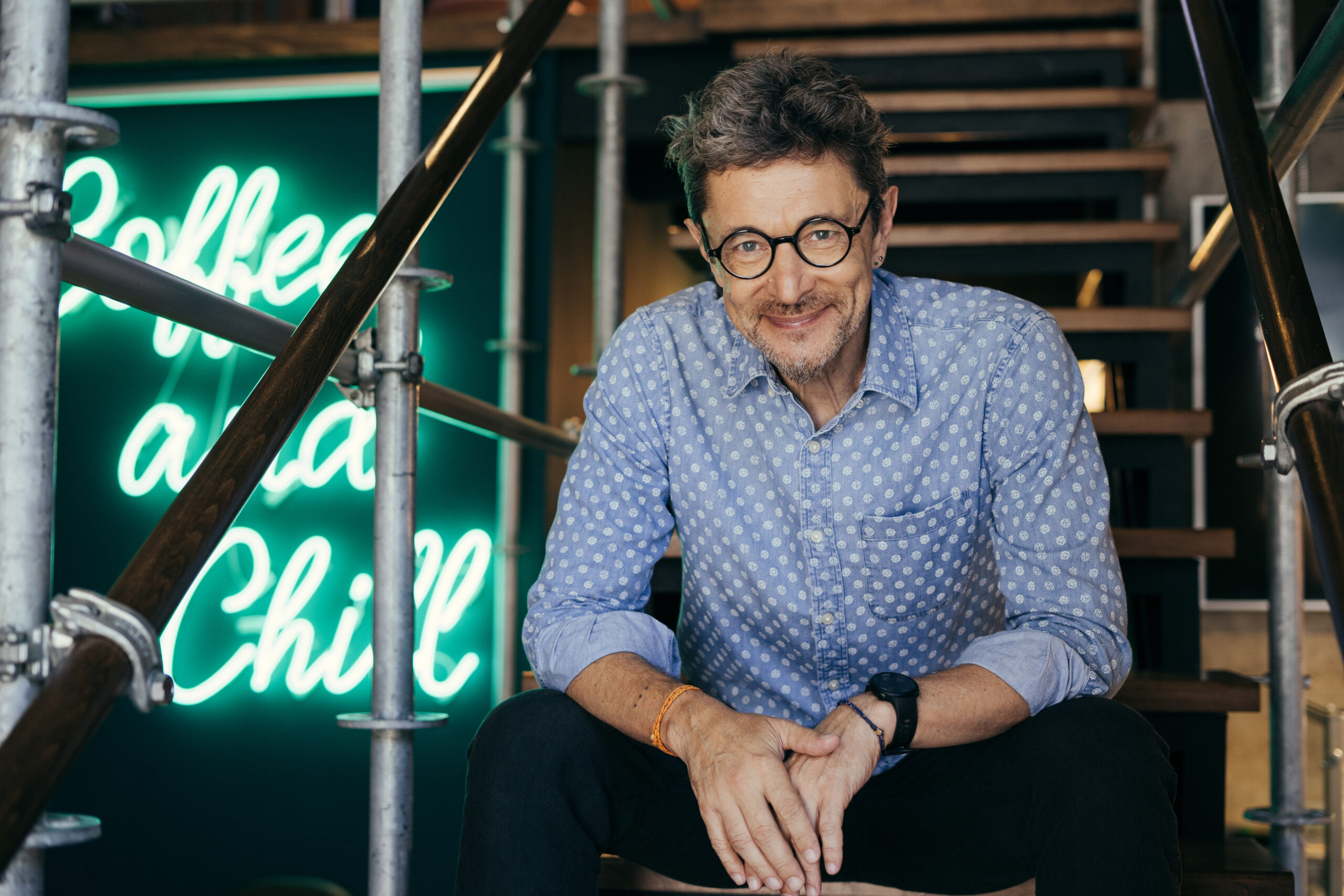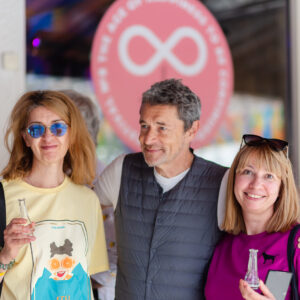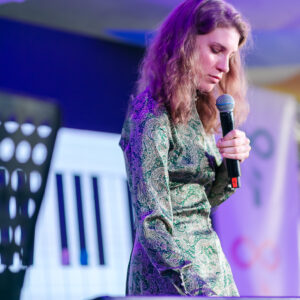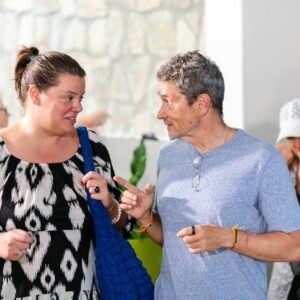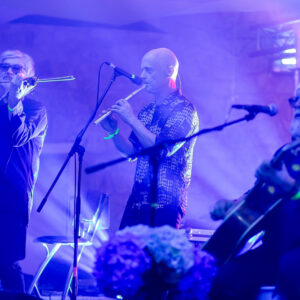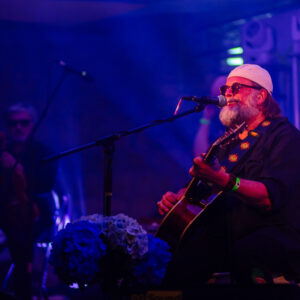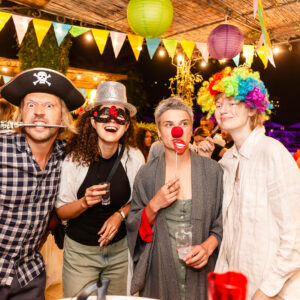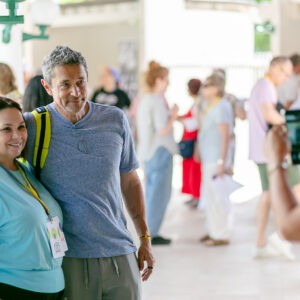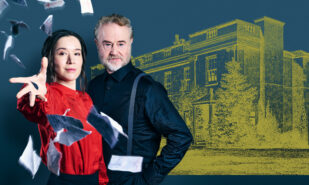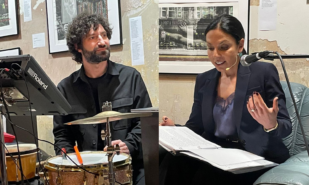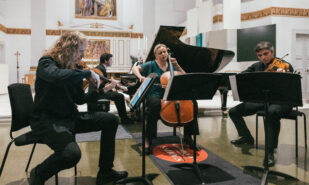Age of Happiness: Is There Life After 50?
For years, I have pondered the concept of aging. What sort of person will I become when my body begins to wither? What thoughts will occupy my mind when my hair turns grey, and young people start offering me their seats on the tube? Is there a life in the “well past fifty” that is as vibrant as the one I lead now? Seeking answers to these and other questions, I turned to Vladimir Yakovlev – arguably the leading expert on happiness in advanced age. An author, photographer, and producer of the “Age of Happiness” art festival, creator of the “Yakovlev on Mondays” project, a legendary figure and simply the most inspiring man I know, Vladimir shared insights on how to chart one’s life course regardless of age.
We met via video call and talked for several hours, resulting in this article.
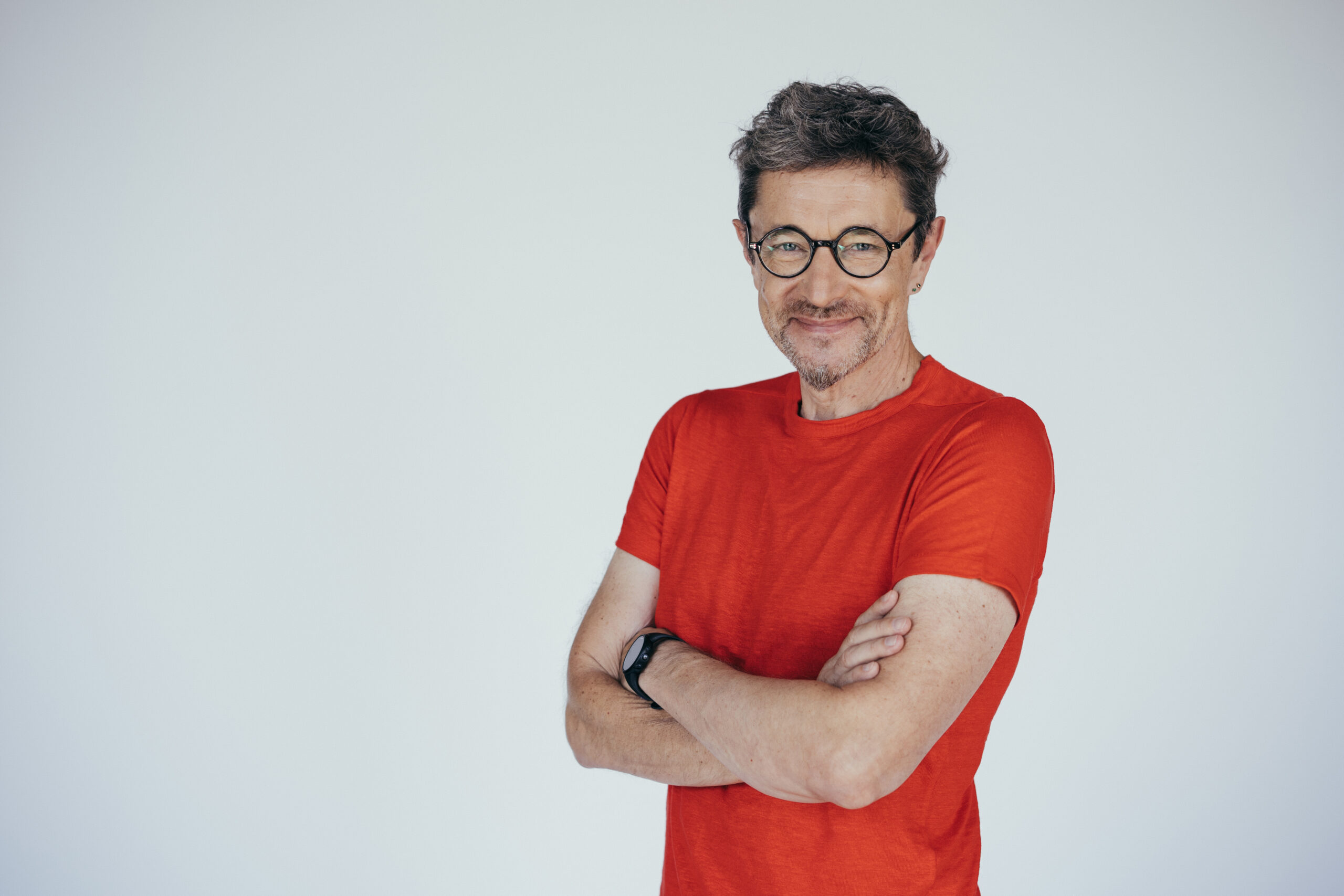
“In the mid-20th century life expectancy began to soar. This increase is significant and globally proportional. Today life expectancy has increased by approximately 25-30 years compared to the last century. This doesn’t mean that elderly people live 25-30 years longer. It means that old age starts later than it used to. Consequently, a new life period has emerged, akin to childhood, youth, or maturity. It’s not a period where one can live as they did at 35-40 years old; it’s a new stage of personal development that didn’t exist before. The problem is that while previous life stages are well known and studied, this new stage is uncharted territory. Today’s generation of 50-60-year-olds is the first to experience it. I love the phrase “There have never been such experienced young people in the history of humanity”. This is a new frontier, a new value system, new relationships in life. That’s why I took up this topic,” – Vladimir began our conversation, immediately prompting a flood of questions from me.
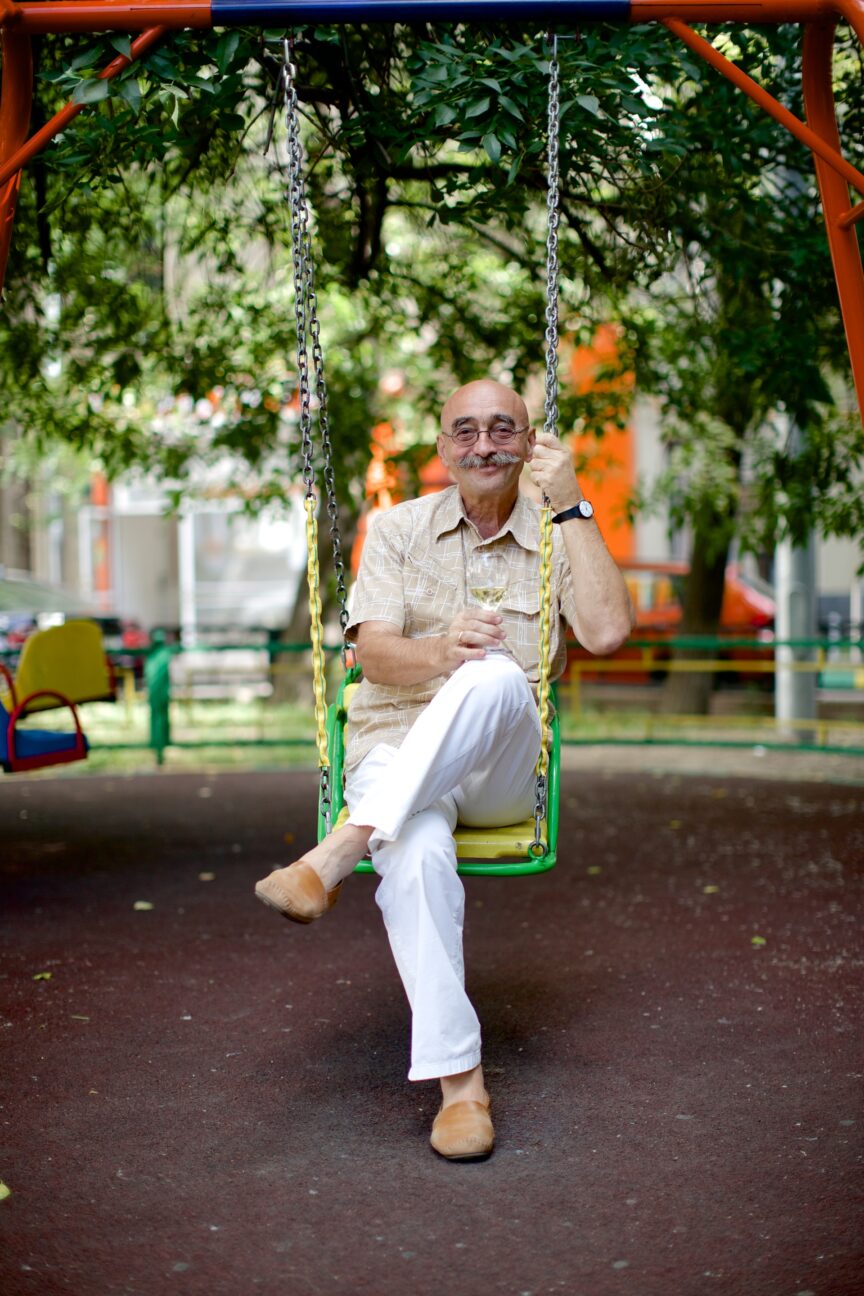
Yakovlev’s exploration of age began with his photo project “The Age of Happiness”. After a whirlwind career in the media business in Russia, selling his publishing house, and undertaking difficult spiritual searches overseas, Vladimir became interested in the phenomenon of active aging. Approaching 50, he spent several years travelling the world, photographing remarkable 70-80-90-year-olds with “age-inappropriate” hobbies: pole dancing, mountaineering, figure skating, yoga, acrobatics and more. Collecting a wealth of photographs and stories, Vladimir published a book-album “The Age of Happiness” which became a bestseller among Russian-speaking audiences worldwide. “What enables creativity and creation at any age? The recipe is the same. Be unfinished. As long as you are unfinished, as long as you feel that you are changing, you continue to develop. Development means that you stop being who you were and become someone else. You keep living”, – Vladimir shared, offering perhaps his most crucial advice for us all.

I became curious about who best, most qualitatively, and correctly lives out their advanced age. Is there a particular country where people have learned to enjoy their age more? According to Vladimir, the age-related challenges for 50-60-year-olds are almost identical everywhere. The difference lies in how willing one is to honestly accept and follow this challenge. For instance, in Israel – where Vladimir has lived for the past decade – people are more prepared for this. If you go out to the Tel Aviv promenade in the morning, you will see countless 60-70-year-olds running, swimmingand jumping. Incidentally, Israel has one of the highest male life expectancies, statistically speaking. In Yakovlev’s view, the primary factors for a long quality life – which he consistently highlights through his festivals, books, and new photo projects – are not physical activity or even proper nutrition. Socialisation, a sense of purpose and close relationships are the three pillars of a happy old age. Interestingly, social factors primarily influence life expectancy, not physical ones. Today, many people don’t know what to do with the extra time they have gained.
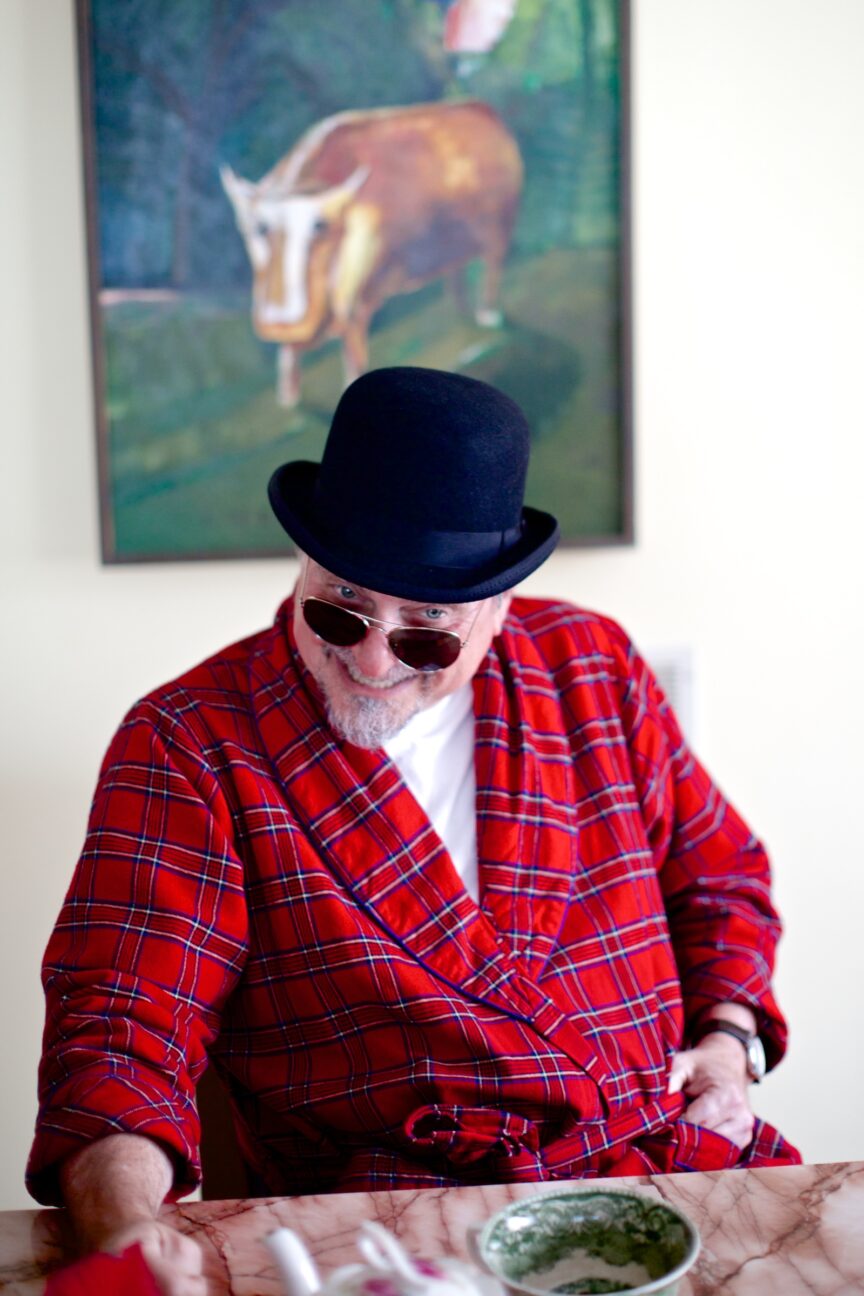
Among people over 50, the most common issue is not cardiovascular diseases, as Vladimir told me, but depression. People lose their life programme and sense of meaning. This is precisely why Yakovlev created the “Age of Happiness” international art festival. Through it, he offers people a new programme, a new development path for the additional 30 years that nature has granted them. To inspire, unite, engage with art, and redirect thoughts into new creative channels – that’s what Yakovlev, at 65, is all about.
Age of Happiness Festival №8 (2024) © Roman Lutkov/Berlin
By the end of our conversation, I felt an incredible impulse to continue studying this topic, and I asked Vladimir to recommend additional sources of inspiration – books worth reading. Here is Vladimir’s list, which I share with you:
Martin Seligman https://ppc.sas.upenn.edu/people/martin-ep-seligman
Mark Singleton https://templodoyoga.wordpress.com/wp-content/uploads/2020/01/yoga-body-origins.pdf
Daniel Goleman https://www.danielgoleman.info
Tal Ben-Shahar https://www.goodreads.com/book/show/4462310-the-pursuit-of-perfect
Rob Fitzpatrick https://www.momtestbook.com

